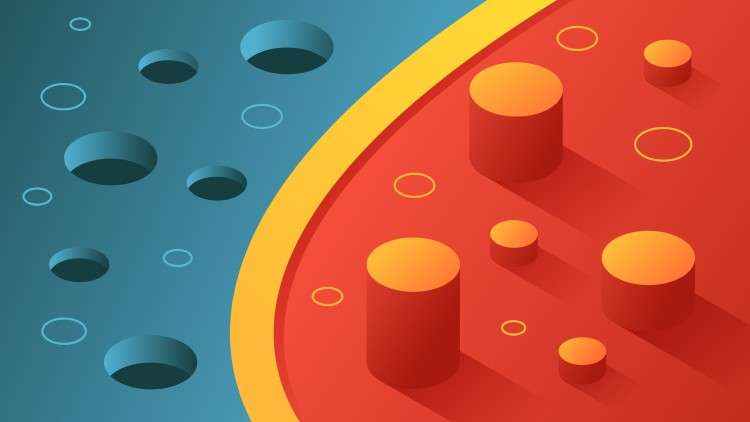
Breast Cancer detection using Logistic Regression
What you will learn
How to build a Logistic Regression model for a Real-World Case Study
Work on Google Colab
Why take this course?
### **Course Headline:**
🎉 **”Breast Cancer Detection using Logistic Regression”** 🎉
### **Course Overview:**
#### **Introduction to Logistic Regression:**
Logistic regression is a cornerstone of classification problems in data science, particularly where the outcomes are binary. With around 70% of data science applications involving classification, mastering logistic regression opens up a myriad of opportunities. In healthcare alone, its impact can be profound.
#### **Real-World Applications:**
🔬 The dataset we’ll work with contains 9 independent variables, each playing a crucial role in determining whether a tumor is benign or malignant:
– Clump thickness
– Uniformity of cell size
– Uniformity of cell shape
– Marginal adhesion
– Single epithelial cell
– Bare Nuclei
– Bland chromatin
– Normal nucleoli
– Mitoses
By the end of this course, you’ll be equipped to build a logistic regression model that can:
– Identify significant predictors of breast cancer using odds ratios.
– Generate confidence intervals, providing valuable insights for medical professionals.
#### **Course Breakdown:**
##### **Part 1: Data Preprocessing**
– Import the dataset
– Split the data into training and test sets
##### **Part 2: Training and Inference**
– Train the logistic regression model on the training set
– Predict outcomes for the test set
##### **Part 3: Evaluating the Model**
– Create a confusion matrix to analyze performance
– Perform k-Fold cross-validation to compute the accuracy of our model
### **Why Enroll in this Course?**
This is your chance to apply your data science skills in a real-world context, absolutely FREE. 🎈 By following along with Hadelin’s practical examples, you’ll gain hands-on experience using Google Colab, a revolutionary free tool that allows you to write and execute Python code in your browser. It’s an efficient way to work on data science projects without the need for local software installations.
### **What You Will Learn:**
– The mechanics of logistic regression and its role in classification problems.
– How to preprocess data, train models, and evaluate their performance using practical examples from healthcare.
– The significance of odds ratios and confidence intervals in making informed decisions based on predictive modeling.
### **Beyond Breast Cancer:**
Logistic regression is a versatile tool with applications across various industries. Beyond breast cancer detection, you’ll explore how logistic regression can be used for:
– Predicting bankruptcy
– Scoring creditworthiness
– Understanding consumer behavior
– Enhancing customer retention strategies
– Detecting spam messages
### **Join the Data Science Revolution!**
Click the ‘Enroll Now’ button to start your journey with Hadelin de Ponteves and become a data science hero in the fight against breast cancer. Let’s change lives together through the power of data science! 🌟